We can be tactical in our schooling. The traditional advice on learning has been to “study hard,” in a quiet place and with the same routine, yet that doesn’t say much about what to specifically do. But pupils today can change the way they study to exploit the brain’s quirky learning processes, using the strategies revealed by memory and learning research. While that science is still maturing, “it’s at a place now where it can give you a specific tactical plan,” Carey said.
.
Students can tailor their preparation with techniques targeting different kinds of content or skills, and manage their schedule to optimize their time. “That’s a powerful thing, because we go through our whole lives never knowing that,” he said.
.
Ultimately, the value of these learning strategies isn’t just about earning better grades, Carey said. In the modern jungle of society, learning is still about surviving: For young people, it’s about sussing out what they’re good at, what rings their bell, and what they want to do with their lives. “It’s informing you of: Who am I? Where do I place my bets? Do I major in physics or do I major in architecture or design, or do I major in English? Do I belong here at all?” Carey said. Those are important decisions. “Being self-aware about what’s effective learning and how it happens, I think, gives you a real edge in making those choices.”
Learn more:
- https://gustmees.wordpress.com/2013/04/25/learn-every-day-a-bit-with-curation/
Via Gust MEES



 Your new post is loading...
Your new post is loading...

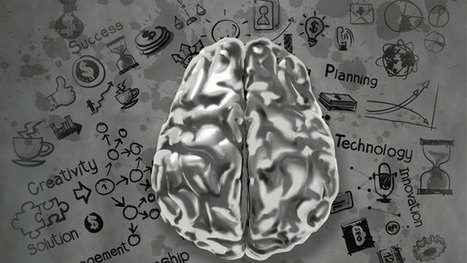

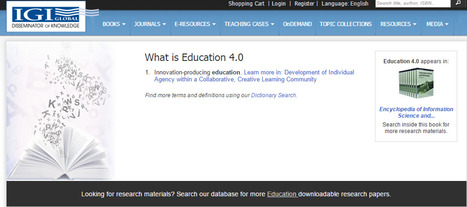

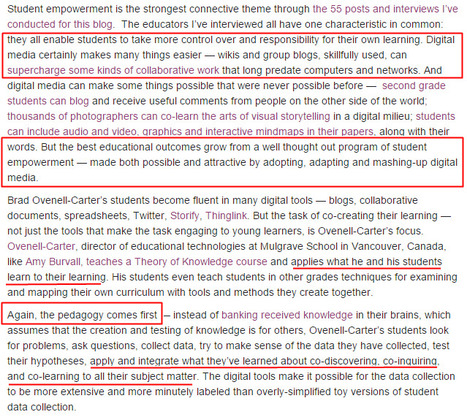


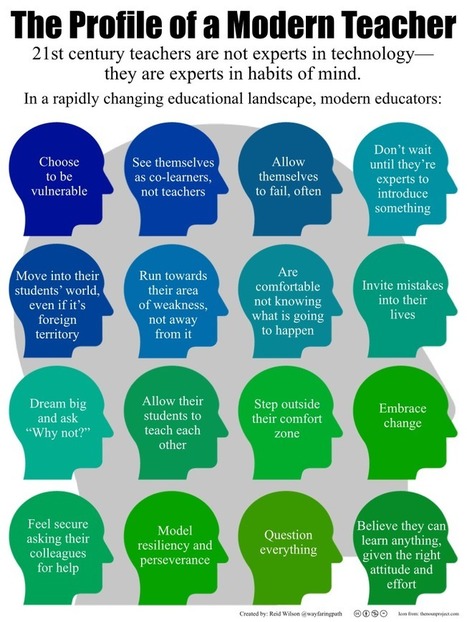




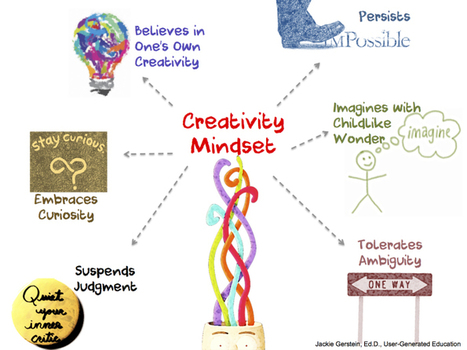








i always like learning about learning
Figure out what strategies will help you expand your language knowledge!